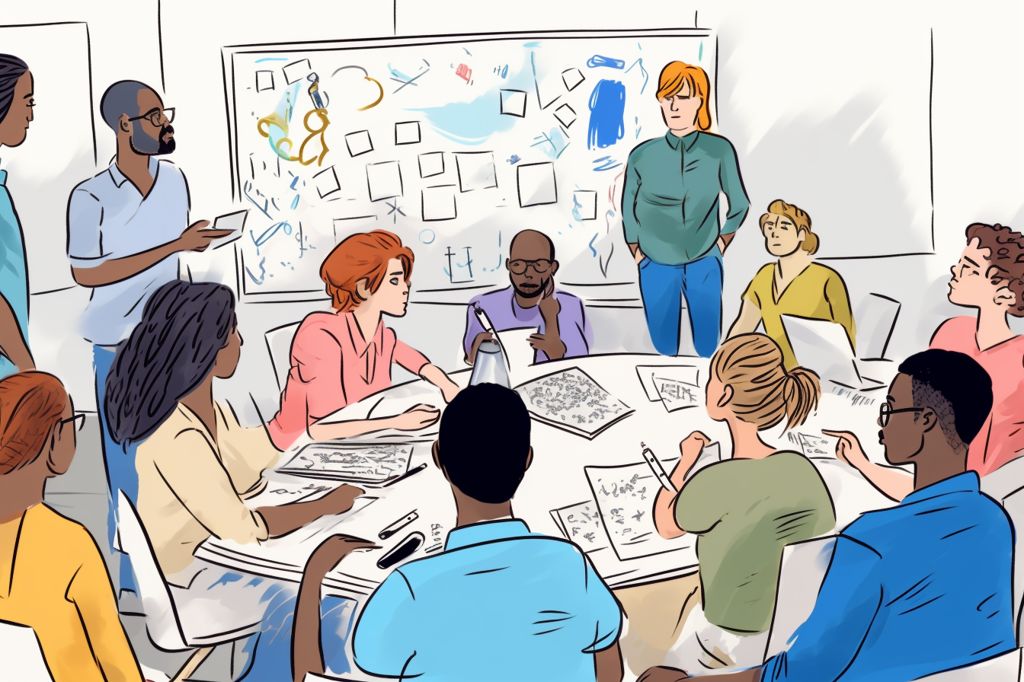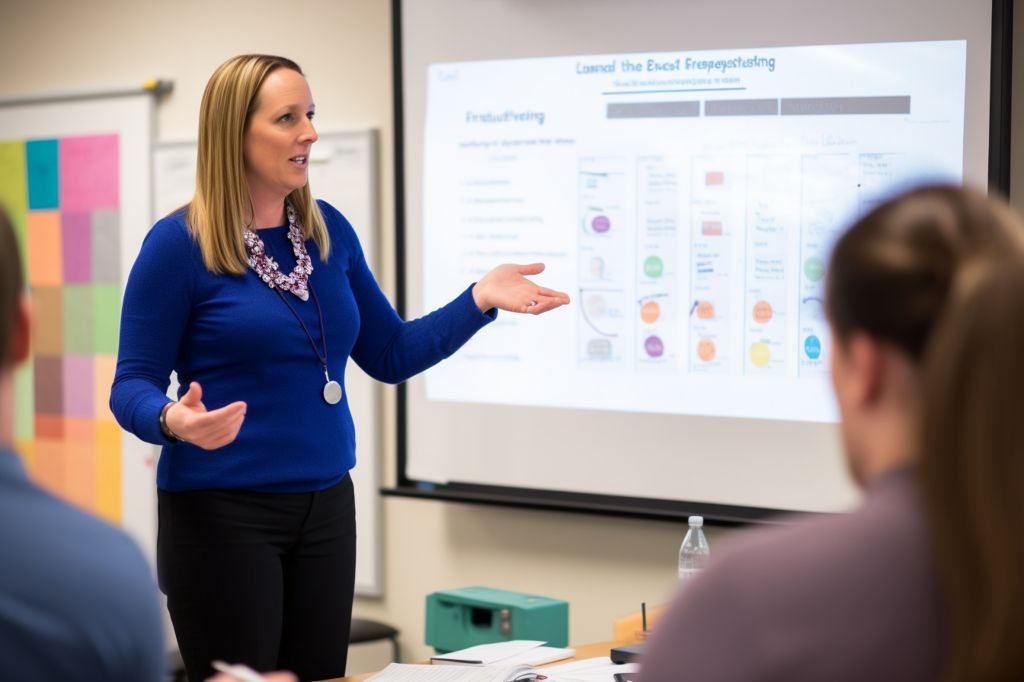South Africa is facing a crucial decision regarding the R350 Social Relief Grant. The Second BRICS Working Group Meeting, held in Port Alfred, Eastern Cape, discussed the proposal to replace the grant with a Basic Income Grant (BIG). The urgency of implementing social protection measures was highlighted by Dr. Joni Musabayana, Director for Decent Work for Southern and Eastern Africa at the International Labour Organisation (ILO). With the ongoing COVID-19 pandemic and the potential for future crises, integrating social protection measures has become vital.
The BRICS Meeting
The BRICS association of emerging economies, including Brazil, Russia, India, China, and South Africa, held their meeting on the theme “Ensuring Decent Work, Dignity and Respect for all.” Social protection and the Basic Income Grant were the main topics of discussion.
The Importance of Social Protection
South Africa currently provides social protection to around 52% of its population, much higher than the African continent’s average of 17%. However, this presents challenges as people cross the border to access social protection, and the country’s unemployment issues remain unaddressed. Christina Behrendt, Head of the Social Policy Unit in the Social Protection Department of the ILO, emphasized the importance of ensuring at least a basic level of income security as a significant function of national social protection floors.
Social Protection and Inclusive Economic Growth
Sipho Ndebele, Acting Deputy Director-General responsible for Labour Policy and Industrial Relations in the Department of Employment Labour, emphasized how crucial social protection is for promoting inclusive economic growth, reducing inequality, alleviating poverty and ensuring decent work. Informal workers require policies and programs that help them gain skills and access opportunities for decent work, including health insurance, pensions, and other forms of social protection.
Potential Solution: Basic Income Grant
The Basic Income Grant (BIG) has emerged as a possible solution for addressing South Africa’s social protection challenges, with the support of the BRICS association and the ILO. However, there are still questions concerning how the BIG would impact employment and the overall economy, and whether the benefits of such a program would outweigh the costs.
The Need for Dialogue and Planning
Further discussions are necessary to determine the best approach to implementing a Basic Income Grant in South Africa. The country’s unique challenges, including high levels of inequality and poverty, as well as a large informal economy, require careful consideration and planning. It is essential to balance the need for social protection with the promotion of economic growth and employment opportunities.
Role of Stakeholders
South Africa needs to engage in dialogue with various stakeholders, including civil society, labor unions, and the private sector, to move forward with the implementation of a Basic Income Grant. The support of the BRICS association and the ILO could play a vital role in facilitating these discussions and providing guidance on best practices and lessons learned from other countries that have implemented similar programs.
South Africa has an opportunity to address critical social protection challenges and ensure a more dignified life for its citizens with the implementation of a Basic Income Grant. However, the success of the program depends on creating a comprehensive and sustainable plan that considers the country’s unique challenges and opportunities.












